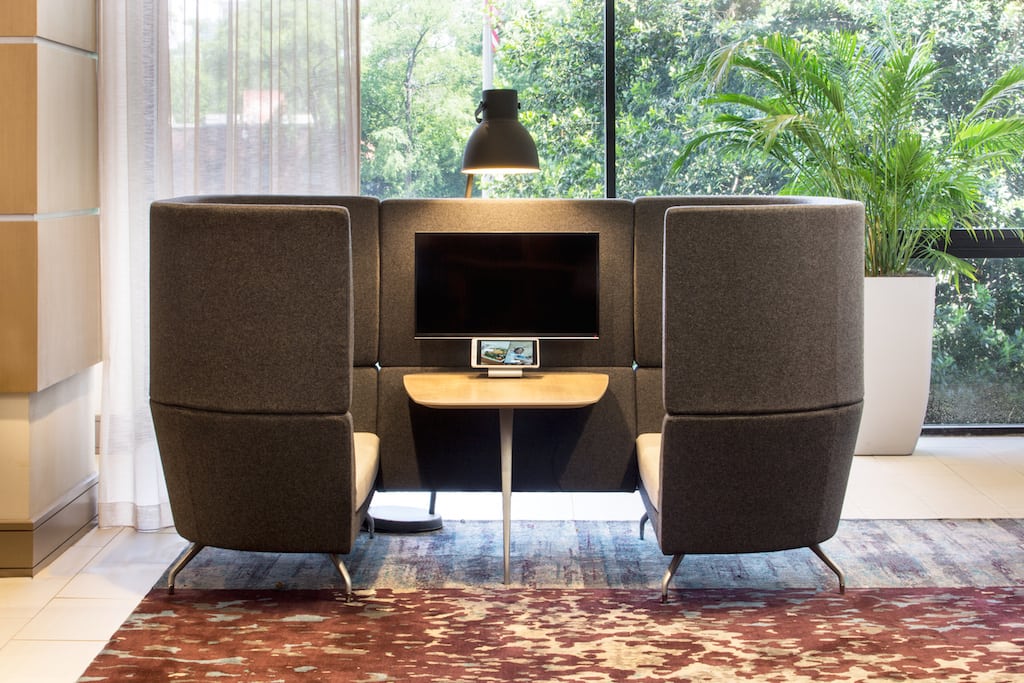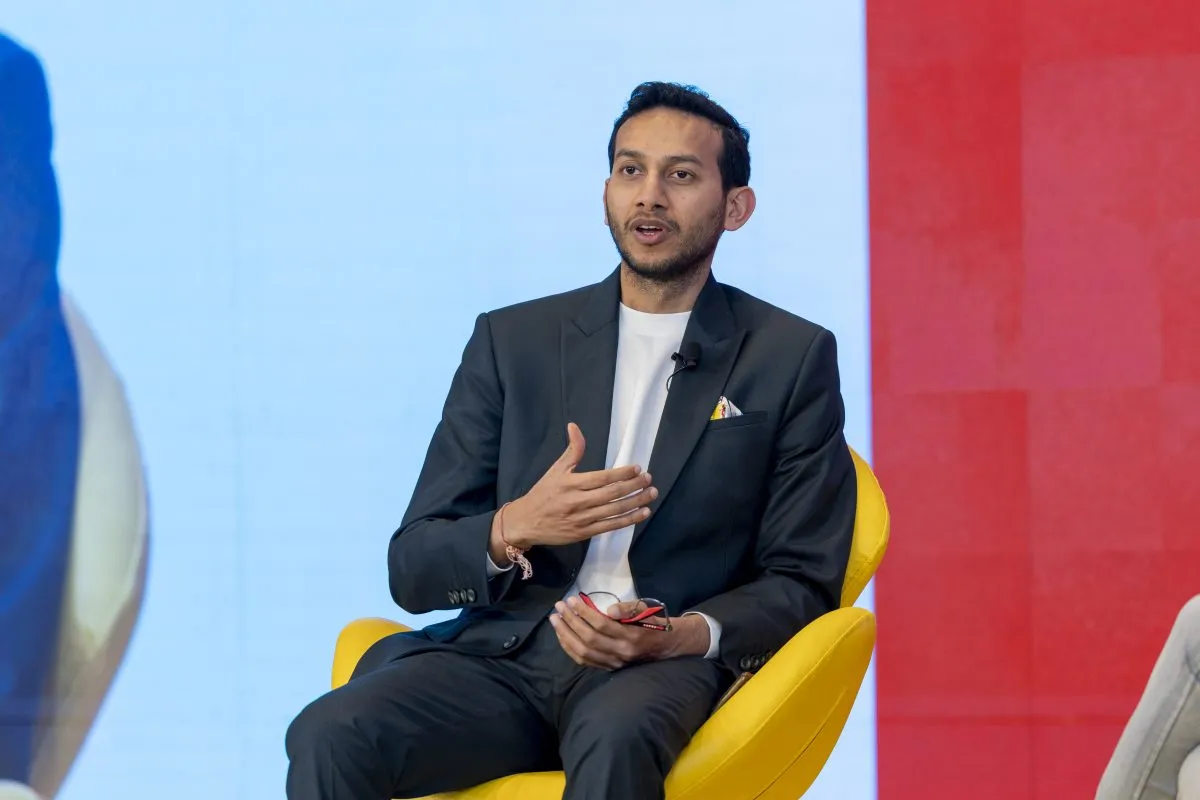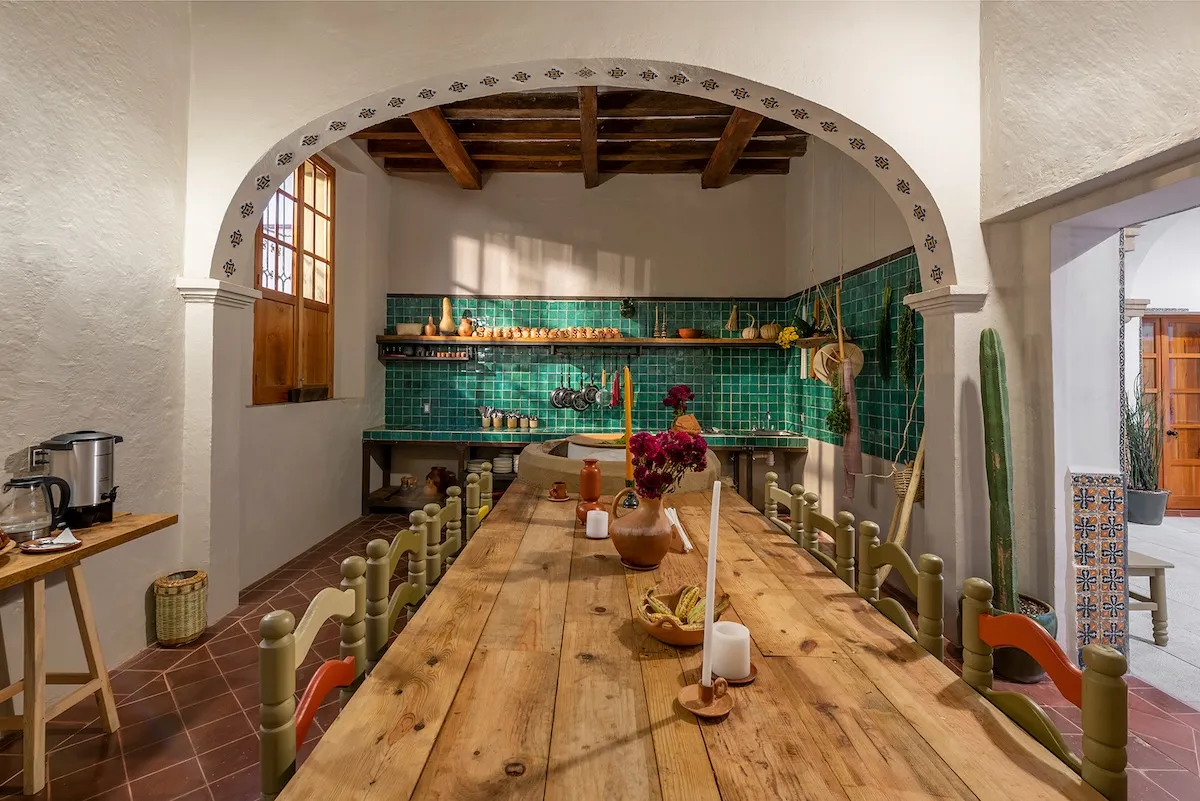IHG CEO: Our Focus Is on Building Up the Brands We Have

Skift Take
At a time when other global hotel companies are adding new brands (like Hilton) or contending with a portfolio of 30 brands (like Marriott), InterContinental Hotels Group (IHG) is focused on working with the brands it already has, as well as making sure the consistency and quality of all its hotels are up to par.
During the company's fourth quarter 2016 earnings calls on February 21, CEO Richard Solomons noted that although the company's unit growth may be a bit lower than its peers, that's primarily because the company is cleaning up its portfolio of properties, especially in the Americas, removing hotels that don't meet its brand standards.
IHG CEO Richard Solomons is speaking at the upcoming Skift Forum Europe. Get Your Tickets Now
Year-over-year net room growth, compared to 2015, was 1.8 percent in the Americas; 3.1 percent in Europe; 4.8 percent in Asia, Middle East, and Africa; and 8.8 percent in Greater China. Global net room growth for IHG was 3.1 percent. Global net room growth for Hilton year-over year, by comparison, was 6.6 percent.
"Our unit growth has been lower than Hilton or Marriott," Solomons acknowledged, "but we're ahead of a lot of other people." Removals he said, primarily in the Americas, are why the net room growth was lower, and maintaining the quality of IHG's 12 brands is a careful "balance" but one the company is "comfortable with."
"From our perspective, we could easily add more rooms, but we're trying to create a high-quality, long-term growth business," Solomons said. "You have to have brands that are consistent and truly deliver to get through good and bad times. In good times, it's easy to fill rooms. In difficult times, it is not. You have to be selective in the hotels you bring in and the locations and owners. You have to be very rigorous in terms of what you remove … if you don't do that in the short term, you will damage the long-term value of the business. While we would like to have higher system growth, we aren't going to do it at the expense of quality and future sustainability."
When asked if IHG was considering adding more brands to its portfolio, Solomons said only if it were at the right price and it made sense financially.
"We're focused on running a great business and not trying to be bigger than the next guy," he said.
IHG's last big acquisition took place in 2015 when it acquired Kimpton Hotels & Restaurants for $430 million. In the past year, analysts have wondered if, in the pursuit of more scale, IHG would either be acquired or acquire another company. Given Solomons' comments, neither scenario seems very likely at this point, but the idea that the company is ripe for some sort of merger or acquisition activity still looms.
Brand Differentiation
And when it comes to brand differentiation, and the seemingly endless number of hotel brands out in the marketplace, Solomons thinks IHG's approach to brand differentiation is working well. For Solomons, it's not about the number of brands that any one company has; it's the respective strength of each of those brands that matters most.
"What you want is larger, more powerful brands," he said. "Holiday Inn is the largest mid-market brand in the world by far. InterContinental is double the size of the next best luxury brad, and in Asia, it has overtaken Shangri-La in terms of size and perception … It's easy to add brands from a supply perspective, [but] if your brand isn't meaningful, all you're doing is confusing them [consumers] … it's not about the number of brands but the quality of what you've got."
In the Americas, IHG is particularly focused on improving the overall quality of its Crowne Plaza portfolio, investing more than $200 million into refurbishments and signings and increasing its marketing budget in the U.S. by 200 percent.
IHG is also investing heavily in its new IHG Connect technology system throughout the Americas. It offers improved Wi-Fi connectivity for IHG Rewards members.
Personalizing the Hotel Guest Experience
And as IHG continues to focus on the quality of each of its brands, it's also making sure that in doing so, it appeals to a multi-generational audience of guests, and not just Millennials.
"I think trying to create a 'Millennial brand' is pretty patronizing from old guys in gray suits for younger travelers," Solomons said. "We have a focus on understanding our guests across the portfolio and across the world. There are changes in all types of travelers. The evolution of digital to drive the guest experience is not just with Millennials … The real trick is being able to manage different generations in the same space. If they want personal human interaction, give them that. If they want to do everything digital, enable them to that. Personalization is more important than trying to demarcate around ill-defined generational terms."
And when it comes to personalizing the hotel guest experience, Solomons believes it goes beyond just knowing that a guest likes "green apples." It's also a topic he touched on in a recent interview with Skift about the next, next thing in hospitality.
"What they want is what they get across the stay," he said. "If you want to walk up to a hotel and spend a lot of time at the front desk and be taken to your room, that will happen." If you want to do everything online, that will happen … it's knowing customers better, like what room they want and their preferred time of check-in."
To better collect guest data, Solomons said IHG and Amadeus will begin piloting their new guest reservations system this summer and will focus on those aspects of the guest experience that matter more to guests.
"There are a lot of things you can do with tech that aren't of great value to guests, too. We know mobile check-out is more attractive to guests than mobile check-in, for example," he said. "It's easy to get carried away by the art of the possible versus the art of the relevant."
Financial Matters
Despite a rather "unsettling" 2016 that involved multiple terrorist incidents in Europe and the U.S. Presidential election and the U.K. Brexit vote, Solomons said that 2016 was a good year for IHG and the company's earnings are reflective of that.
Global revenue per available room in 2016 rose 1.8 percent compared to 2015. IHG is also returning some $400 million back to its shareholders and since 2003, the company has given back about $12.8 billion to shareholders, $5 billion of which comes from underlying operations.
Although IHG's year-over-year revenue dropped 4.9 percent from 2015 to 2016 to $1.71 billion, revenue on an underlying basis was up 4.6 percent to $1.58 billion. Underlying operating profits grew 9.5 percent and underlying earnings per share jumped 23 percent.
The company is also seeing success in its digital channels, with $4.3 billion in digital revenue. Mobile digital revenue totaled $1.6 billion, encompassing more than 50 percent of all global digital traffic.




